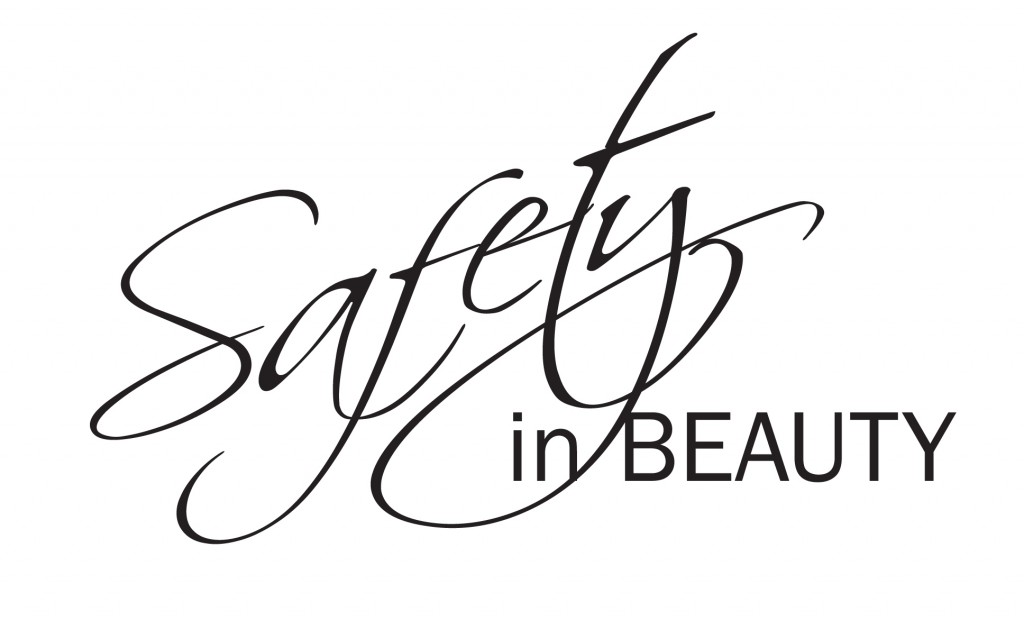 The importance of good communication between client and clinic
The importance of good communication between client and clinic
The importance and necessity for effectively communicating ideas perceptions, observations, information, processes, procedures, protocols within the cosmetic, aesthetic and beauty industries, is increasing in its importance. Similarly, the meanings to be conveyed within the communication, the ‘language’ and the ‘tools’ used to illuminate the complexity and sophistication involved in the communication between clinic and patient is ever more apparent.The GMC stipulates that Doctors must now consider patients’ psychological needs when offering surgical or non-surgical cosmetic procedures.
Communication is a process in which language (not just verbal) flows between source and destination. It is a process constantly occurring in what we do all day every day, whether by oneself or with others. When we become aware of the pangs of hunger, the organism informs the stomach that it needs nourishment. When your sense is to take a different route to work this morning, or noticing the disjoint between the information being gathered for treatment/surgery and presentation of the patient at consultation. Failure to address and understand instinctual urges, intuition and empirical evidence, often has consequences that lead to dissatisfaction, discomfort and in the latter, miss-interpretation, misunderstanding, complaints and even litigation. In this scenario, both the patient, clinic and clinician are left feeling emotionally, relationally, psychologically and physically vulnerable and disadvantaged from the experience in different ways. Recent studies show that understanding and psychological evaluation prior to surgery is necessary and can reduce the number of unnecessary surgeries and may enhance satisfaction with surgical results.
At times when we ignore the obvious and the subtle the internal and external communications become poor in quality, affect the language we use to describe our experience of surgery/treatment and how we feel about the people involved becomes distorted, punitive, lacks sensitivity and is driven by increasing fear of becoming increasingly vulnerable – and so the cycle continues, perpetuating an oversight, in many cases, toward a traumatic experience.The GMC states that clinicians must consider the ways in which the patient might be vulnerable to and what psychological needs are in relation to the treatment ‘interventions and options’ that are being discussed.
Pre and Post Procedure conversations with patients within clinics, regarding preparedness for elective treatments/procedures and the language used in those communications are also important. Inevitably and without ERP evaluative processes, what often gets missedare recent or ongoing past/on-going mental health issues/concerns, the nature and quality of the patients self-esteem/confidence, patient expectations, presenting depressive, obsessive/compulsive traits or characteristics and past neglect or abuse to name but a few. Without an evaluation of and regard for the patient’s emotional, relational or psychological condition and well-being, can be perceived as tantamount to not having informed consent and negligent! Further, without such considerations and measures in place, increases clinic, clinicians and non-clinical team members vulnerably, risks with diminishing ERP well-being and functioning
“The surgeon has asked me to see you because s/he says I am mad!” The surgeon, used the words “Mental Health Assessment”, in the sentence, with the patient interpreting this as their surgeon believing that s/he is in some way psychologically deficient and would not perform the procedure until the patient had been assessed. Although the GMC are explicit that clinics refer patients to a mental health expert when they consider that the psychological state of the patient may affect the patient’s satisfaction with the outcome of surgery, this ought not to perturb the clinic rather as an inclusive service provision and enhancement to clinics USP.
It is imperative that clinics and clinicians develop and have integrated into their pre/post treatment/surgical processes, procedures and protocols that reduce patients feeling pathologised or diminished by language intended to promote a clinics stance on patient health, safety and well-being. The communication between clinic professional and patient is about as intimate as any conversation you will experience, as the patient reveals their ERP ‘vulnerabilities’, hopes, fears and expectations to your questions in order to make changes externally and internally, (ERP well-being). Patient evaluation is a two way process, allowing the patient to speak whilst you listen and vice versa. “In order for you to listen to another person you have to die and for you to speak, is to live” (Author Anon). This is a metaphor for being still, open and receptive to what is said by the other person, whilst you are listening, equally, speak authentically, genuinely and congruently.
